The views expressed in our content reflect individual perspectives and do not represent the authoritative views of the Baha'i Faith.
When Abdu’l-Baha came to the United States in 1912, he asked to go to the Bowery.
He arrived by sea, sailing across the Atlantic on the RMS Cedric, which entered New York Harbor on April 11th. One of his first and most important speaking engagements happened five days later, on April 16th, when he spoke at the Bowery Mission.
In the early part of the Twentieth Century, the rough neighborhood called the Bowery in lower Manhattan had become one of America’s oldest and largest “Skid Rows”, those impoverished, blighted urban slum areas that housed prostitutes, alcoholics, drug addicts, the jobless and the homeless. The term “Bowery bum” originated there, as did the Bowery Mission, a Christian organization dedicated to helping the poor.
And while Abdu’l-Baha, also known as the Master, met with a Who’s Who of America during his trip–including Alexander Graham Bell, Samuel Gompers, Robert Peary and Andrew Carnegie–this night at the Bowery Mission exceeded the importance of all those meetings.
“I am in love with the poor,” Abdu’l-Baha told Juliet Thompson, an American artist who lived in New York. She accompanied him to the Bowery Mission that night, heard his moving talk, and then watched as he shook hands with the hundreds of poor men there. To each man he gave at least one silver coin (today’s equivalent of six dollars), enough for a bed for the night and two meals at the Mission. This symbolic gift, the Master said in his talk that evening, represented his love and care for these indigent men:
Tonight I am very happy, for I have come here to meet my friends. I consider you my relatives, my companions; and I am your comrade.
You must be thankful to God that you are poor, for Jesus Christ has said, “Blessed are the poor.” He never said, “Blessed are the rich.” He said, too, that the Kingdom is for the poor and that it is easier for a camel to enter a needle’s eye than for a rich man to enter God’s Kingdom. Therefore, you must be thankful to God that although in this world you are indigent, yet the treasures of God are within your reach; and although in the material realm you are poor, yet in the Kingdom of God you are precious. Jesus Himself was poor. He did not belong to the rich. He passed His time in the desert, traveling among the poor, and lived upon the herbs of the field. He had no place to lay His head, no home. He was exposed in the open to heat, cold and frost — to inclement weather of all kinds — yet He chose this rather than riches. – Abdu’l-Baha, The Promulgation of Universal Peace, pp. 32-33.
In her diary, Thompson recorded what happened after Abdu’l-Baha’s moving speech:
As the men filed toward Him, the Master held out His hand to the first, grasped the man’s hand and left something in it. Perhaps five or six quarters, for John Good told me afterward that the completely destitute ones received the most. The man glanced up surprised. His eyes met the Master’s look, which seemed to be plunging deep into his heart with fathomless understanding. He, this poor derelict, must have known very little of even human love or understanding; and now, too suddenly, he stood face to face with Divine Love. He looked startled, incredulous — as though he couldn’t believe what he saw; then his eyes strained toward the Master, something new burning in them, and the Master’s eyes answered with a great flash, revealing a more mysterious, a profounder love. A drowning man rescued, or — taken up into heaven? I saw this repeated scores of times. – The Diary of Juliet Thompson, pp. 259-260.
In his talk to those homeless men at the Bowery Mission, Abdu’l-Baha told them the story of his father Baha’u’llah, who chose a spiritual life rather than a material one:
Our hope is in the mercy of God, and there is no doubt that the divine compassion is bestowed upon the poor. Jesus Christ said so; Baha’u’llah said so. While Baha’u’llah was in Baghdad, still in possession of great wealth, He left all He had and went alone from the city, living two years among the poor. They were His comrades. He ate with them, slept with them and gloried in being one of them. He chose for one of His names the title of The Poor One and often in His Writings refers to Himself as Darvish, which in Persian means poor; and of this title He was very proud. He admonished all that we must be the servants of the poor, helpers of the poor, remember the sorrows of the poor, associate with them; for thereby we may inherit the Kingdom of heaven. – Abdu’l-Baha, The Promulgation of Universal Peace, p. 32.
Later that night, Thompson recounts, someone asked Abdu’l-Baha “if charity were advisable:”
He laughed and, still laughing, said: “Assuredly, give to the poor. If you give them only words, when they put their hands into their pockets after you have gone, they will find themselves none the richer for you!” – The Diary of Juliet Thompson, p. 266.


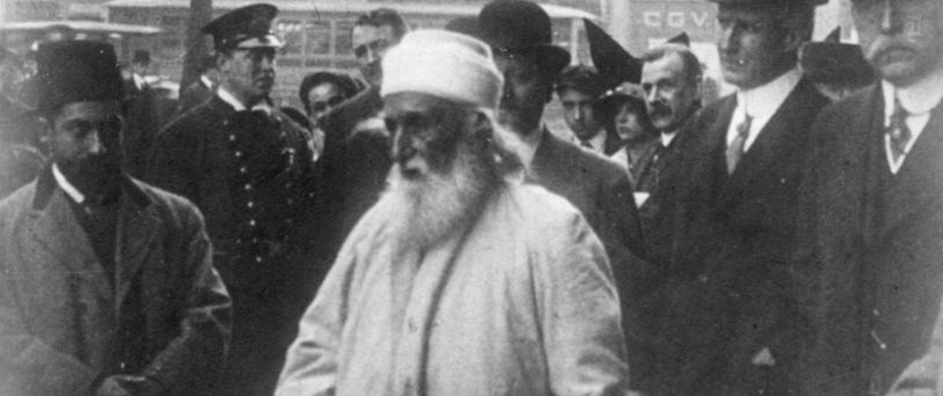
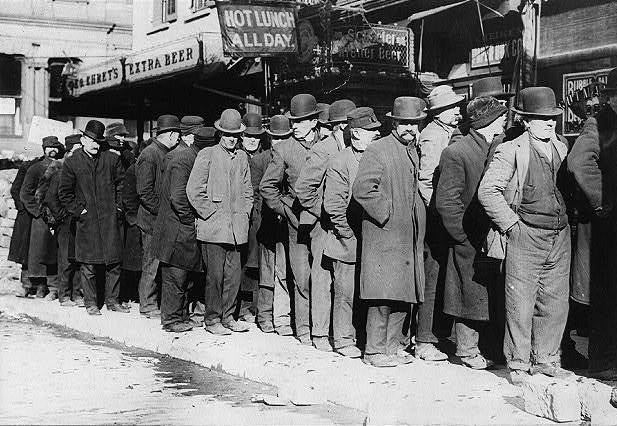

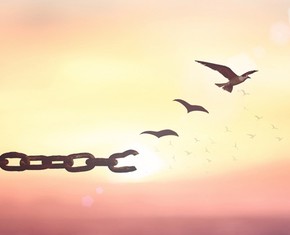
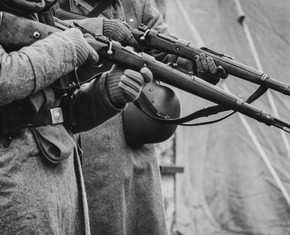
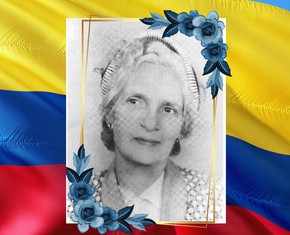









Comments
Sign in or create an account
Continue with Googleor